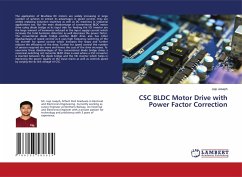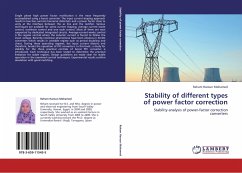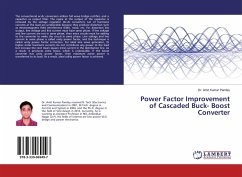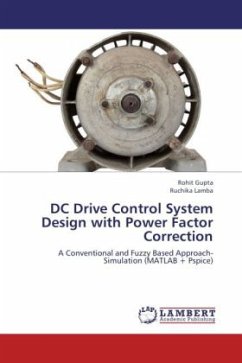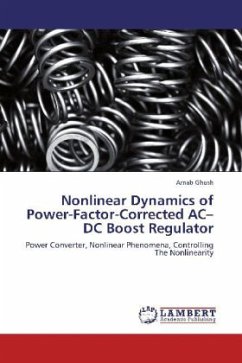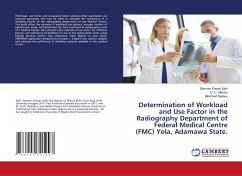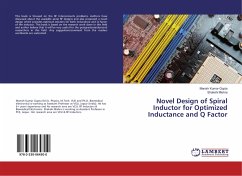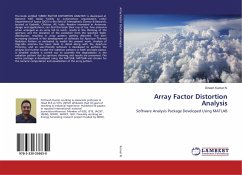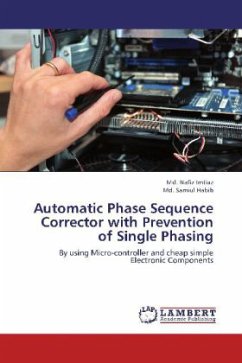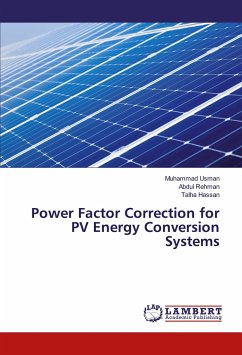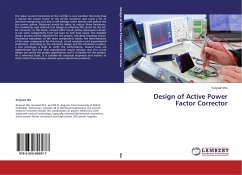
Design of Active Power Factor Corrector
Versandkostenfrei!
Versandfertig in 6-10 Tagen
41,99 €
inkl. MwSt.

PAYBACK Punkte
21 °P sammeln!
The input current harmonics of the rectifier is very harmful. Not only does it reduce the power factor of the AC-DC converter and cause a lot of electrical energy loss; but also it will damage other devices and pollute the line power system. Measures should be taken to reduce these harmonics. The commonly used method is to design an effective PFC circuit for the AC-DC converter. In this book, a boost APFC circuit will be discussed in detail. It can work satisfactorily from full load to half load scope. The detailed design process will be described for this project, including topology choice, t...
The input current harmonics of the rectifier is very harmful. Not only does it reduce the power factor of the AC-DC converter and cause a lot of electrical energy loss; but also it will damage other devices and pollute the line power system. Measures should be taken to reduce these harmonics. The commonly used method is to design an effective PFC circuit for the AC-DC converter. In this book, a boost APFC circuit will be discussed in detail. It can work satisfactorily from full load to half load scope. The detailed design process will be described for this project, including topology choice, theoretical calculation of the main components values, the determination of the main components for this circuit, circuit simulation and experimental verification. According to the schematic design and the simulation revision, a test prototype is built to verify the performance. Several tests are implemented and the final experimental results indicate that this circuit design can satisfy the project specification and it is feasible for this project. As a reference book, it is suitable for electrical engineers and experts to check when they develop relevant power electronics products.



